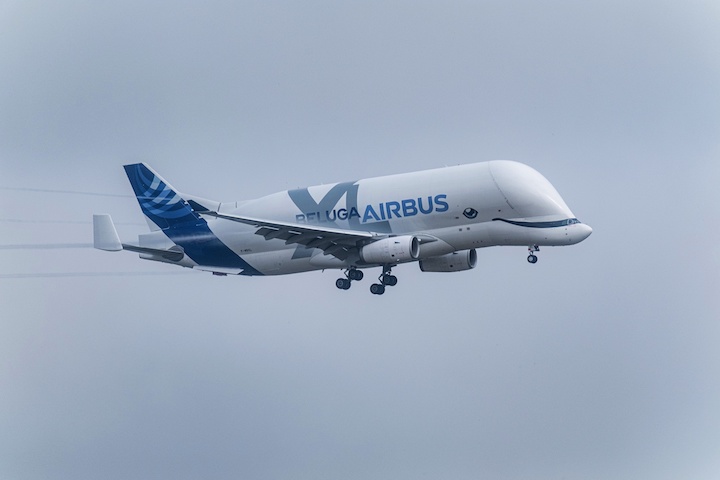The European Union and the U.S. agreed to suspend tariffs on billions of dollars of each other’s products, easing a 17-year transatlantic dispute over illegal aid to the world’s biggest aircraft makers.
President Joe Biden and European Commission President Ursula von der Leyen agreed to the move on a call Friday, the commission said in a statement.
The fight over aid to Airbus SE and Boeing Co. has resulted in duties—authorized by the World Trade Organization—that target a combined $11.5 billion in transatlantic trade and affect a range of industrial, agricultural and consumer goods. The EU hit $4 billion of American products in November—about a year after Donald Trump’s administration ignored European pleas to refrain from imposing levies on $7.5 billion of imports from the bloc.

Through its duties, the U.S. has targeted key European products like French wine and Spanish olives while Europe has hit U.S. tractors, nuts and fruit.
Some of the companies affected by the tariffs—among the largest approved by the WTO to date—include European luxury brand owners such as LVMH Moet Hennessy Louis Vuitton SE that owns Givenchy and Fendi, alcoholic-beverage maker Bacardi Ltd., Caterpillar Inc. and Microsoft Corp.
Airbus said it welcomed the decision. The company “supports all necessary actions to create a level playing field and continues to support a negotiated settlement of this long-standing dispute to avoid lose-lose tariffs,” it said in a statement.
On Thursday, the U.S. said it will suspend retaliatory tariffs on U.K. products caught up in the aircraft-subsidy dispute in a boost for post-Brexit Britain’s trade agenda.
The suspension—which will also last four months—will enable a “focus on negotiating a balanced settlement to the disputes,” the U.K. government said. The decision means goods like Scotch whisky, biscuits and clotted cream can be imported to the U.S. from Britain without being subject to an additional 25% duty.
The WTO previously ruled that the governments of Germany, France, Spain and the U.K. provided Airbus with illegal subsidies through launch-aid loans for aircraft development, equity infusions, debt forgiveness and various other financial contributions.
The Geneva-based trade body also ruled that in the U.S., Boeing benefited from illegal subsidies through a since-withdrawn Washington state business and occupation tax break.
Both sides say they want to settle the matter but an agreement proved elusive during the Trump administration, which demanded both a European pledge to end aid to Airbus and a repayment of the subsidies.






